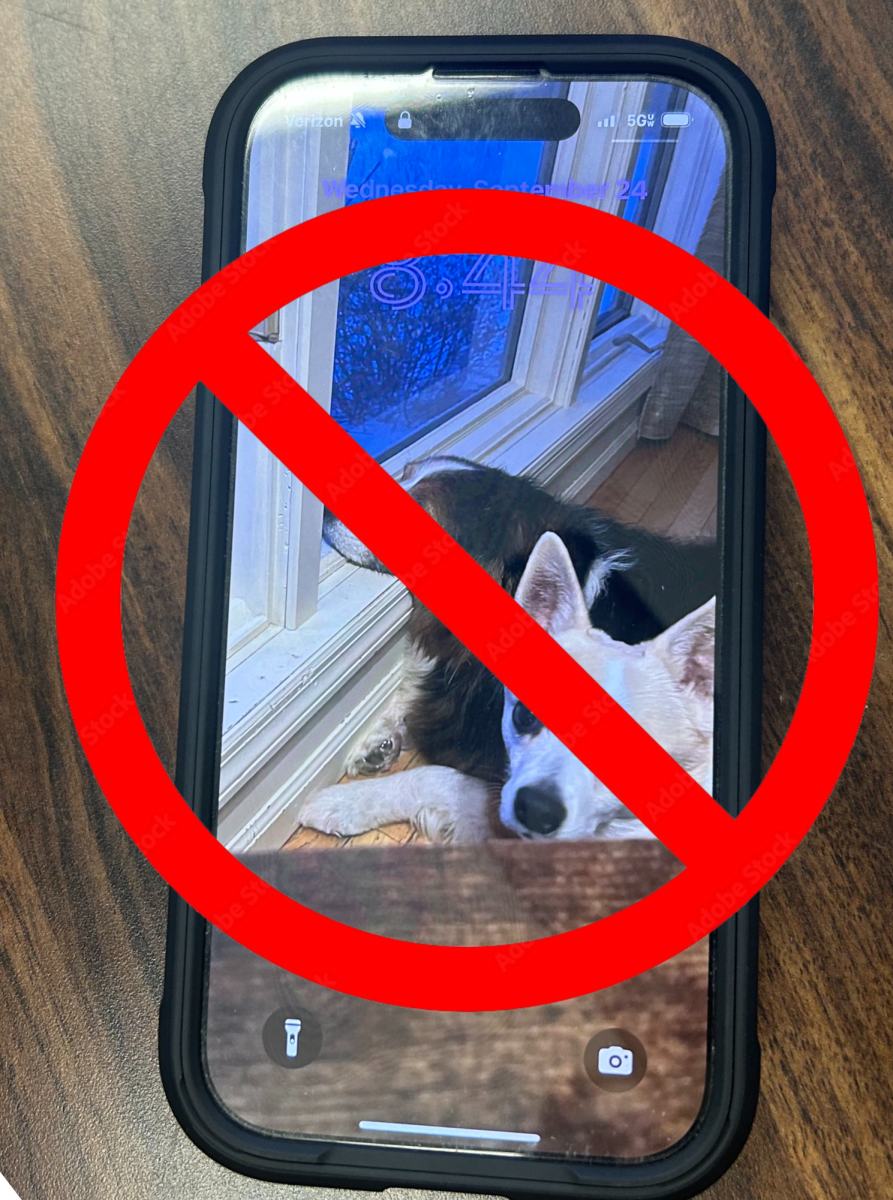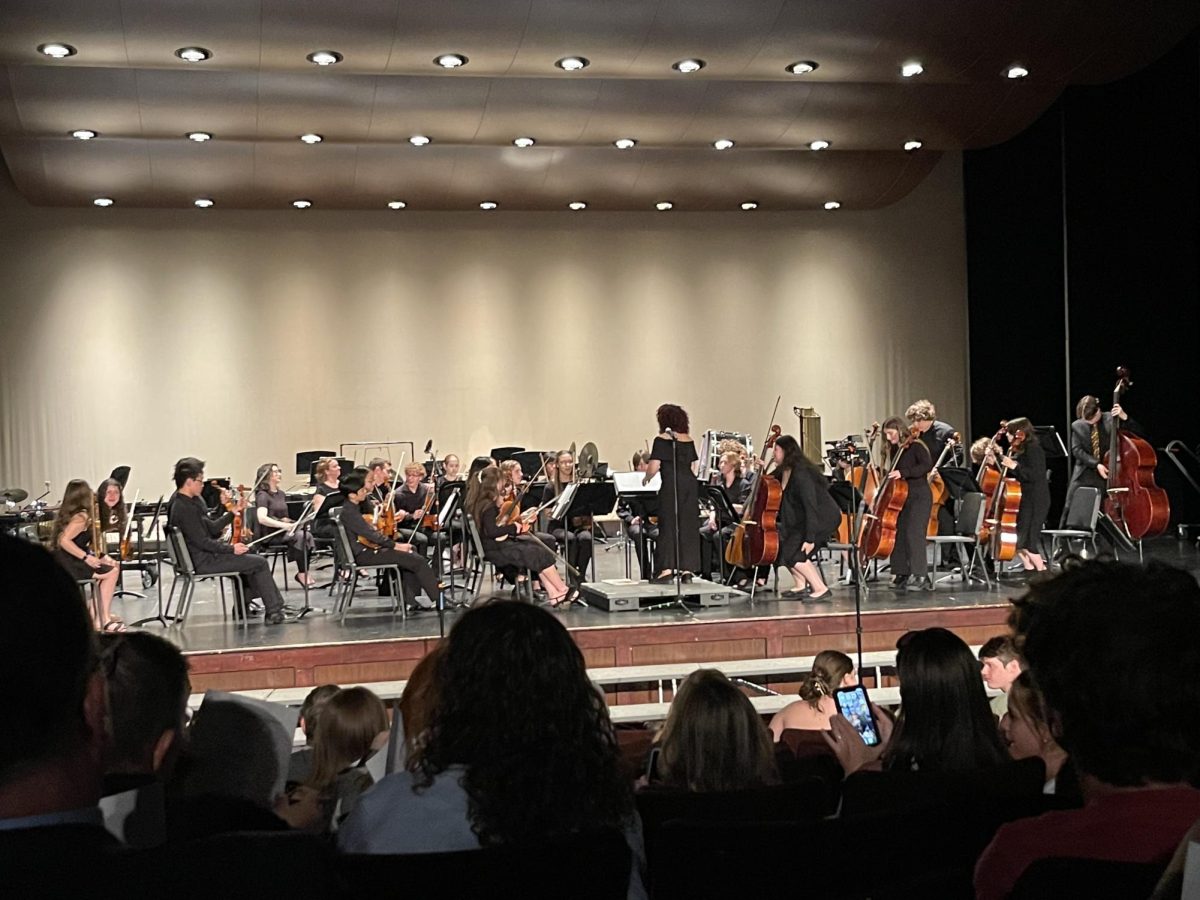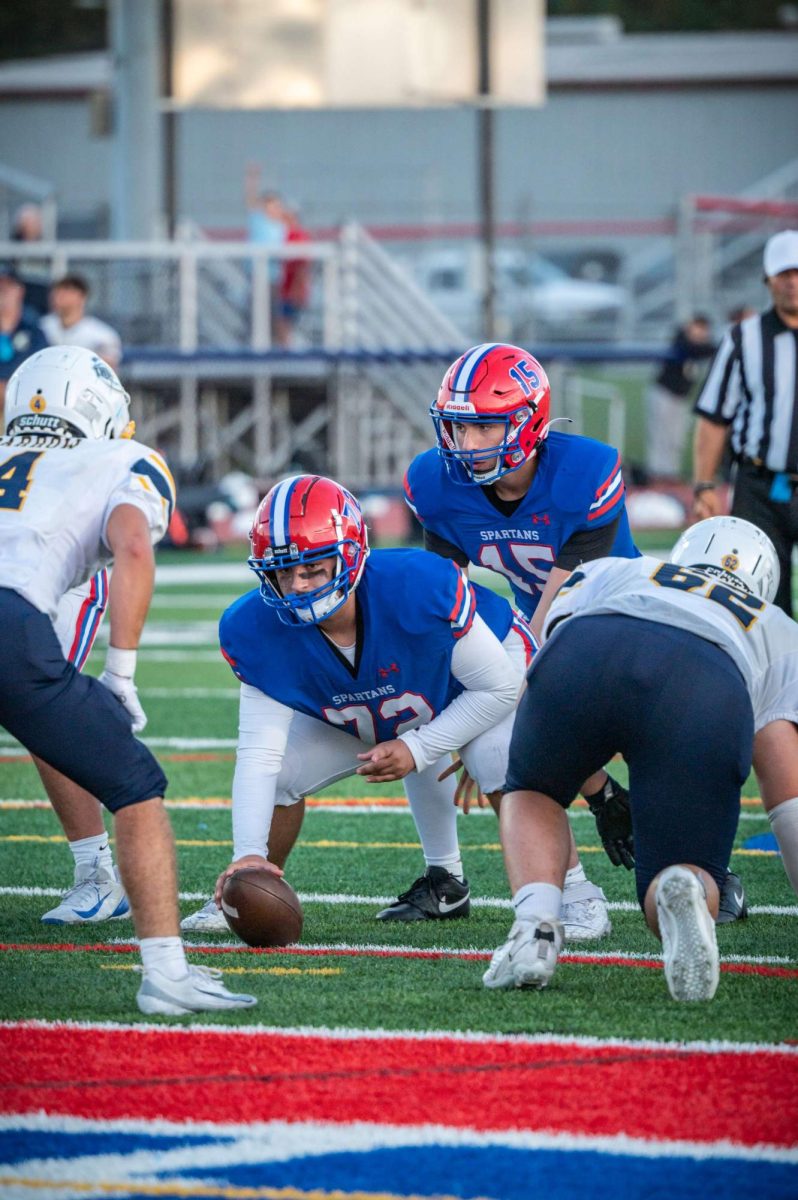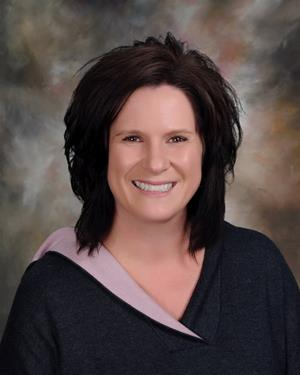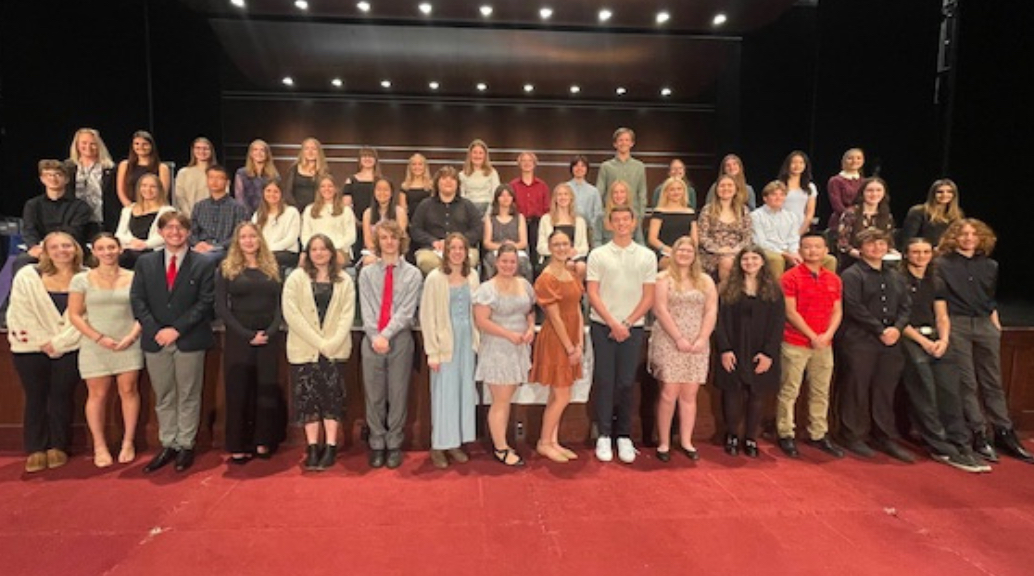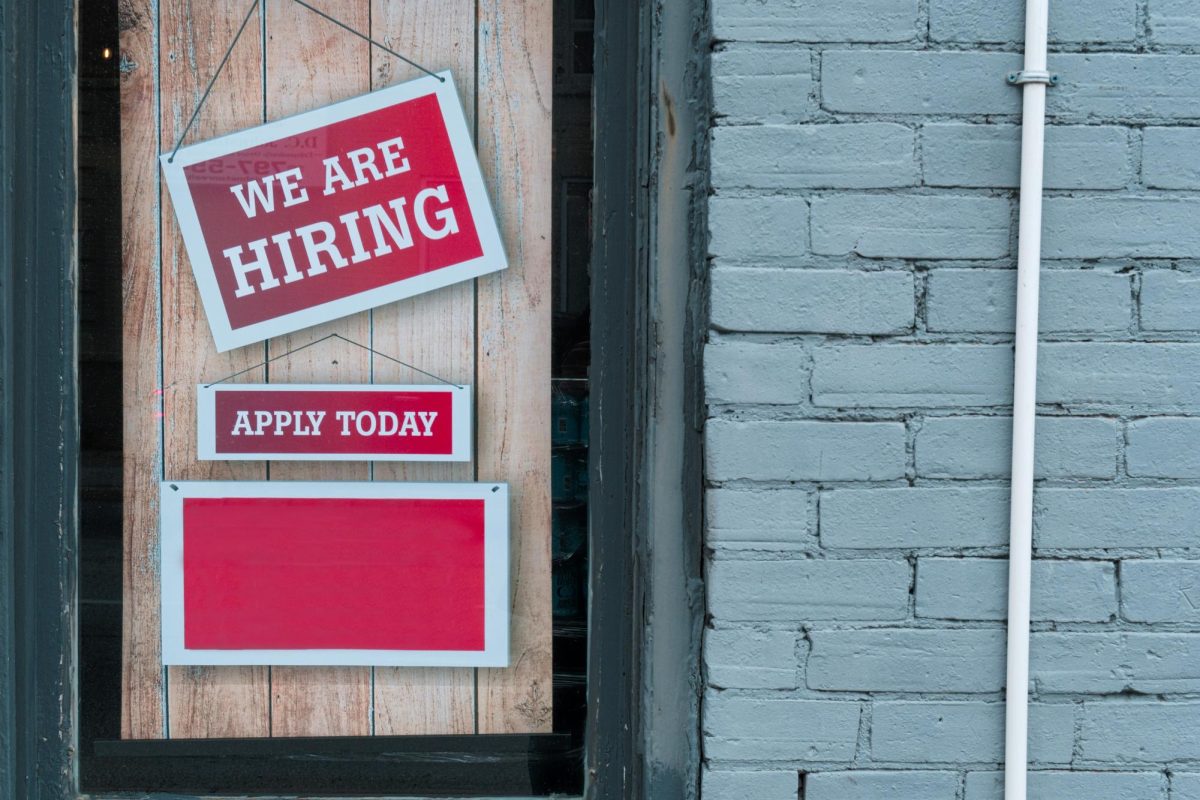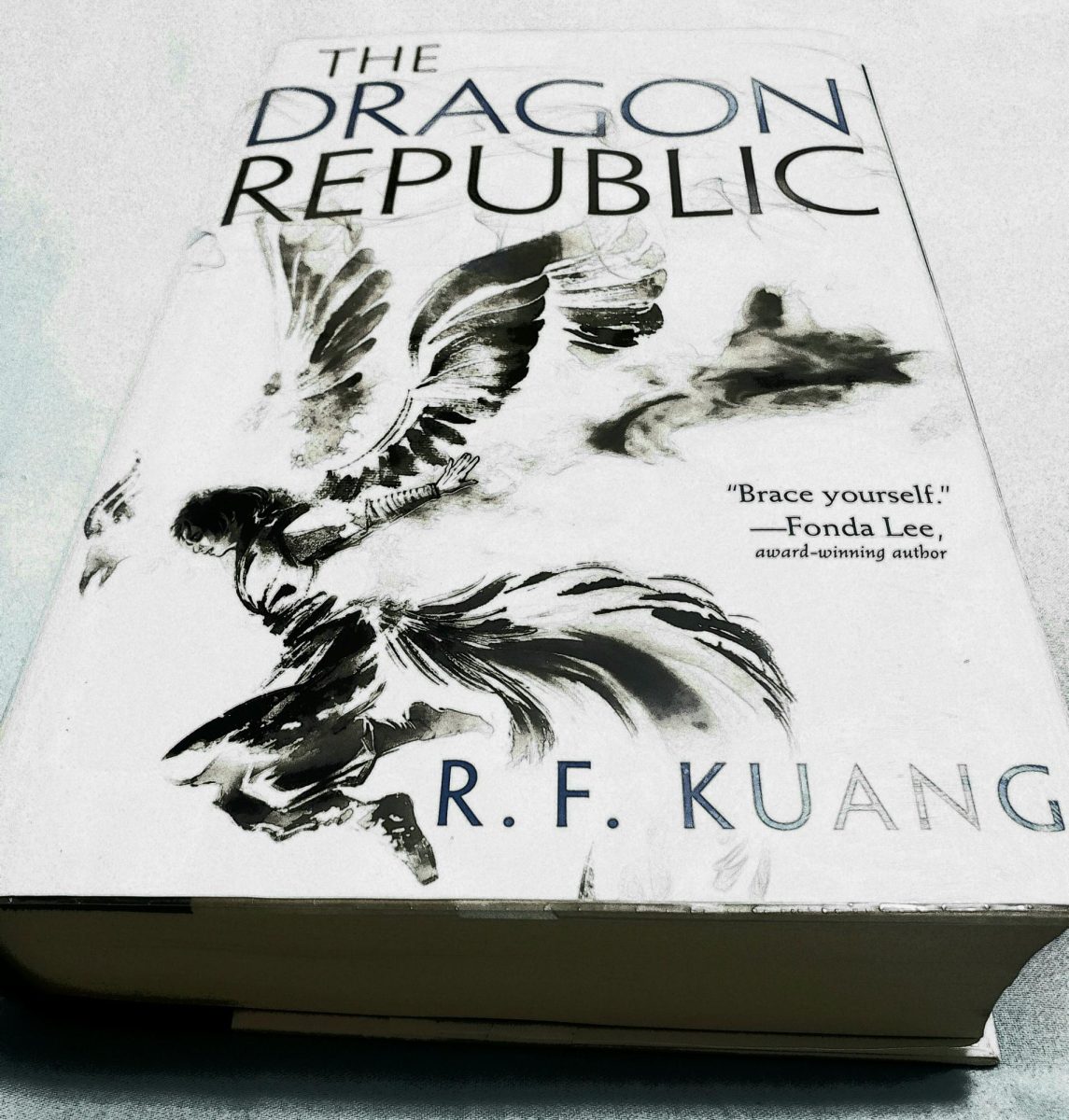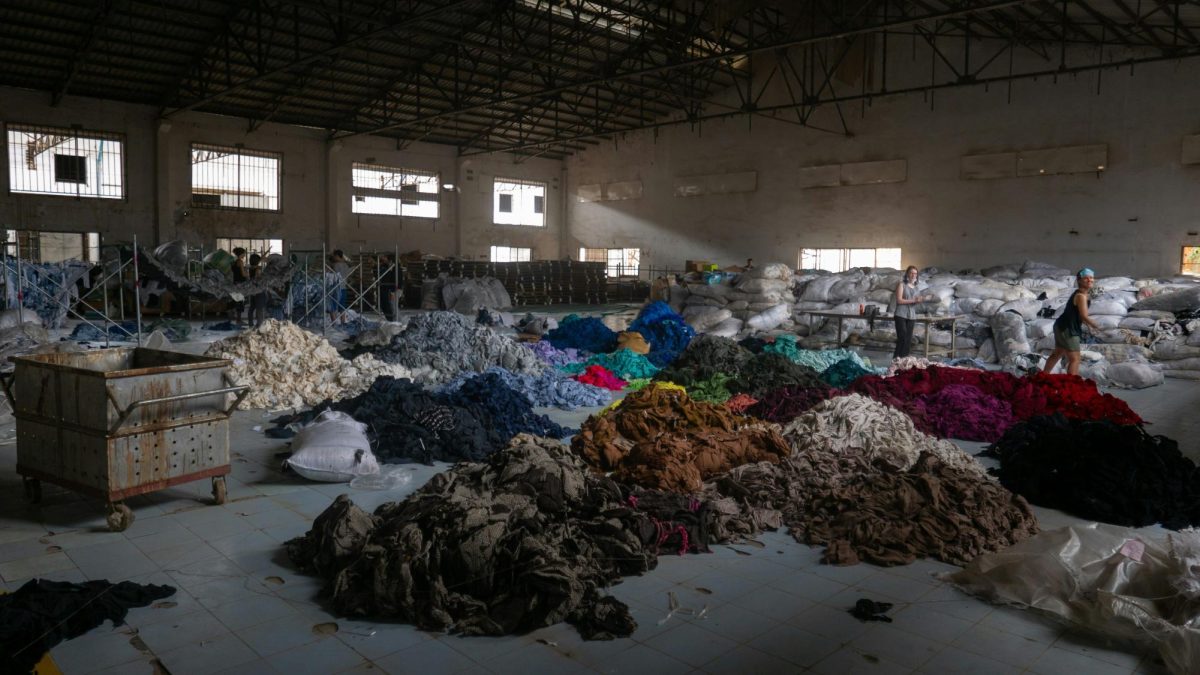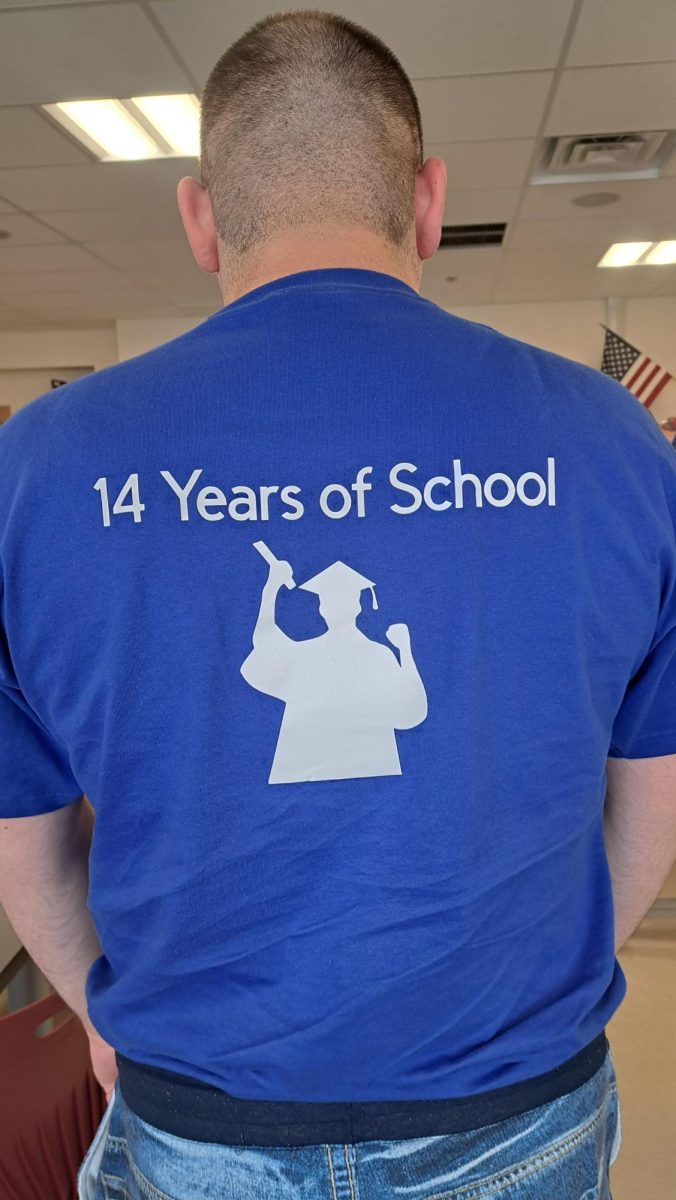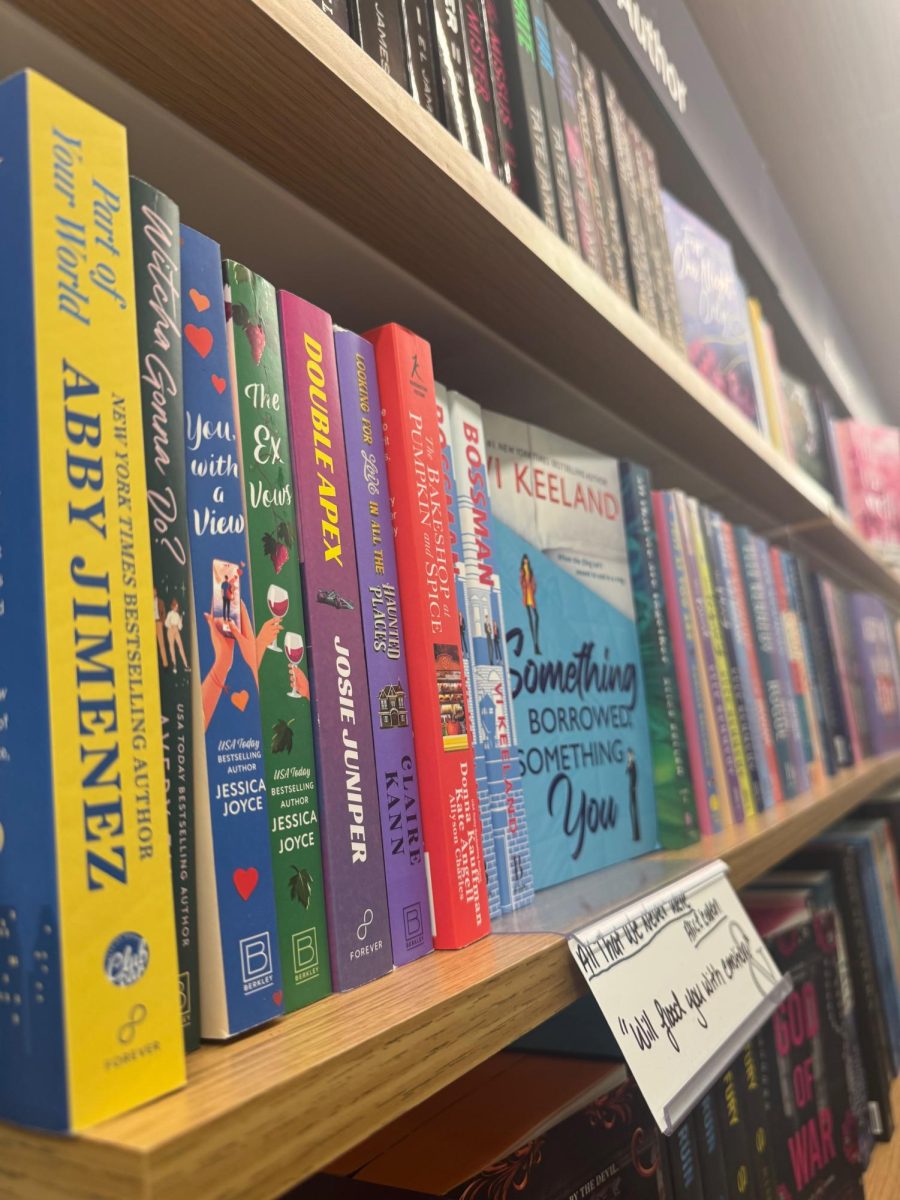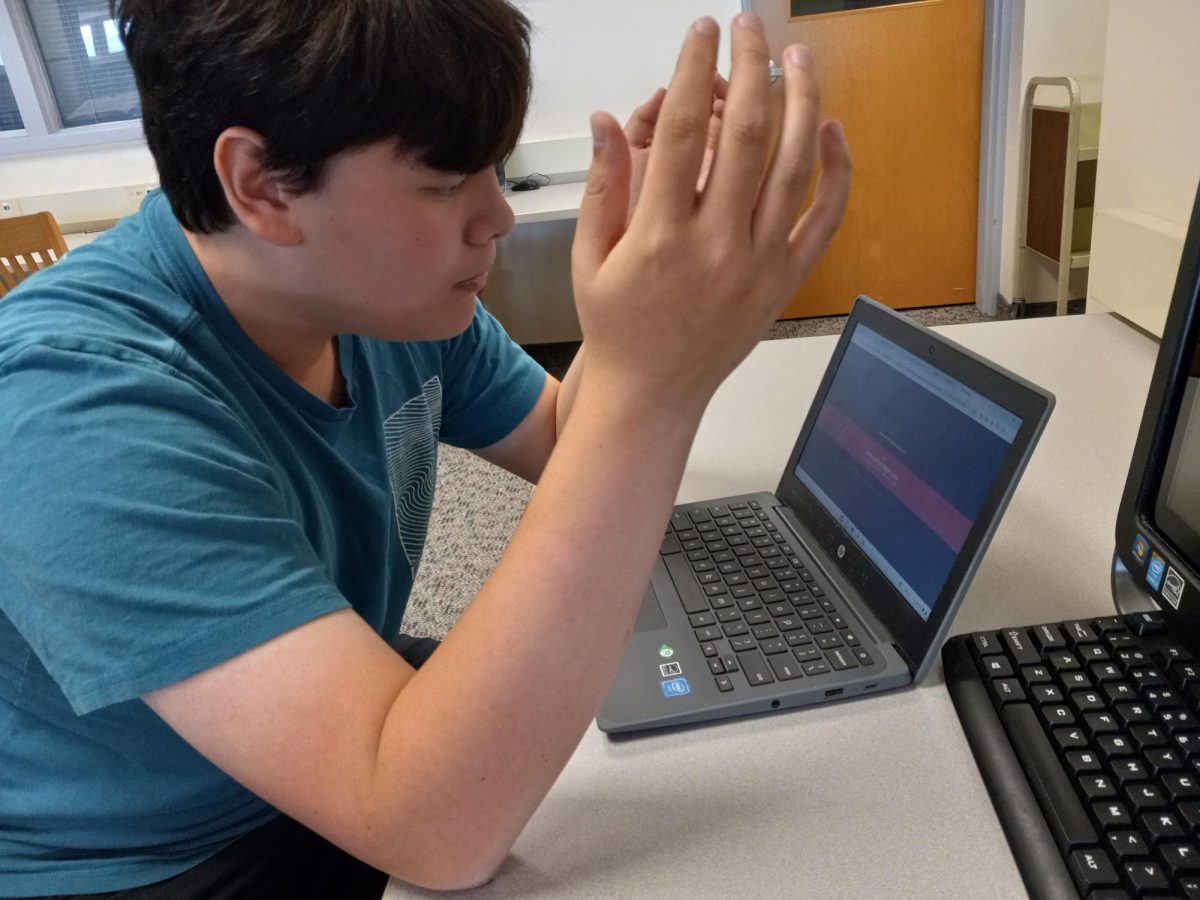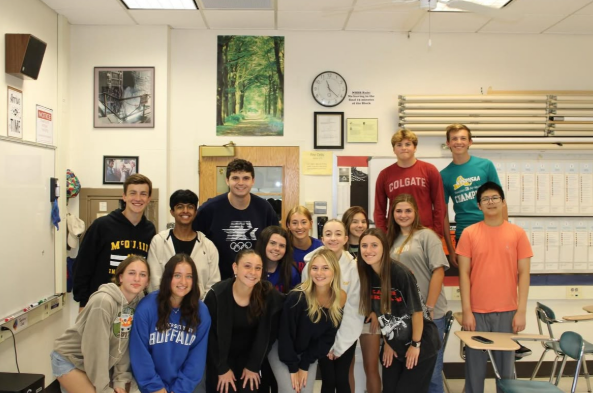Imagine needing more sources for a research paper. Already having scoured the databases, you go to Google only to find that all relevant sources are blocked. If you have ever taken an English class or Speech and Debate then you’ve experienced this frustration, but what if there was a way to ameliorate this issue? I believe the solution to at least partially fix this difficult issue would be granting students the ability to petition to unblock sites.
The filter which blocks sites is a tool used by schools to comply with various national and state laws, such as CIPA, FERPA, COPPA, and DASA. Along with these regulations the filter needs to follow school standards and regulations, with some sites being reviewed in accordance with the aforementioned laws.
“The filter functions by routing all school devices on or off our network, and any computer devices using our school network through a relay server,” says Mr. John Gillette, chief information and technology officer for New Hartford Central School. “This replay server checks the traffic and either allows the traffic through or blocks the traffic based on a set of filtering rules set up on the relay server.”
However, the issue arises due to the inability to personally check every website. To compensate for this, the filter is given more general rules which allows for valuable sources and utilities to slip between the cracks.
My concerns were mirrored by Leo Jiang, a senior in New Hartford High School who said, “It feels too broad, as it uses categories to block things and not anything specific.”
The issues with the filter aren’t exclusive to students, as Mr. Jarrod Williams, an English teacher, says regarding the effects of the filter on his classroom, “The filter does occasionally stop students from accessing sites during research activities, in English and Speech and Debate.” However, he also said that he’s fine “with relying on the subscription databases the school uses.”
The databases have been a way to circumvent the filter effectively, but they are far from a perfect solution. Students have expressed a general annoyance towards the filter, and in many cases feel it to be extraneous. However, the ability to petition could be a way to slowly solve the issue. When asked about the ability to petition, Leo Jiang agreed, saying that in classes like Spanish, where study games are blocked, it would be very helpful.
The difficulty of implementing a petition to unblock wouldn’t be very difficult, from a technical perspective.
“Making changes to a site that is blocked or a site that isn’t blocked that should be (ie – Unblocking/Blocking a website) isn’t very hard at all,” says Mr. Gillette.
Thus, a petition system would allow students to slowly unblock useful sites while staying within the guidelines of the filter, and would be a relatively simple technical change for any school to make. In the meantime however, it is possible to ask a teacher to reach out on a student’s behalf.



